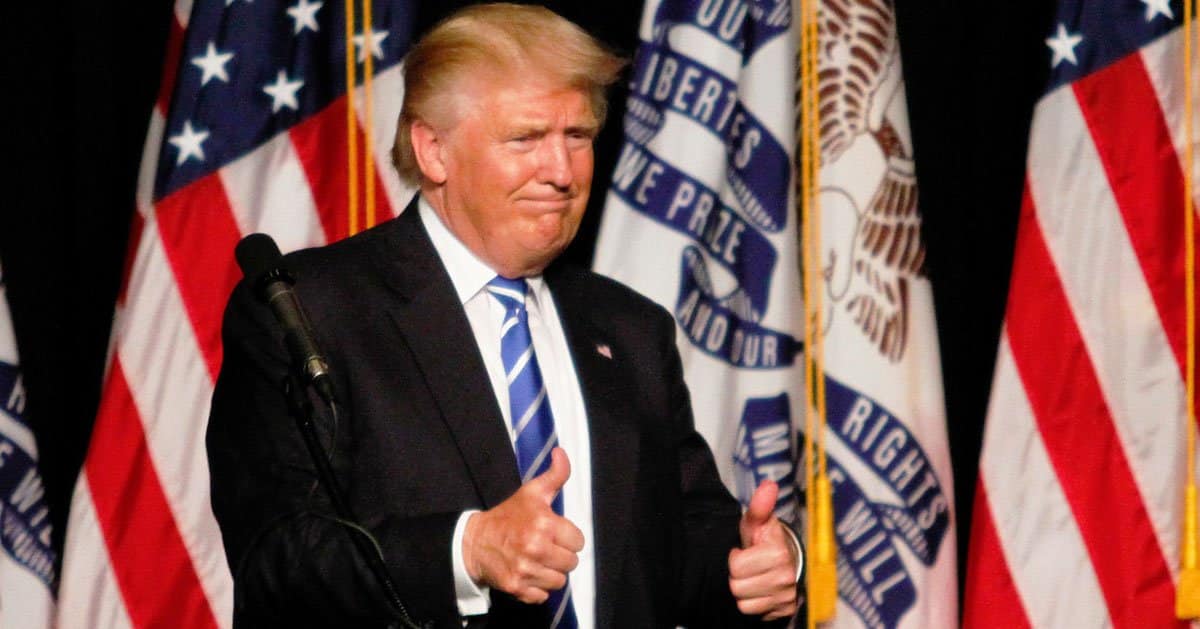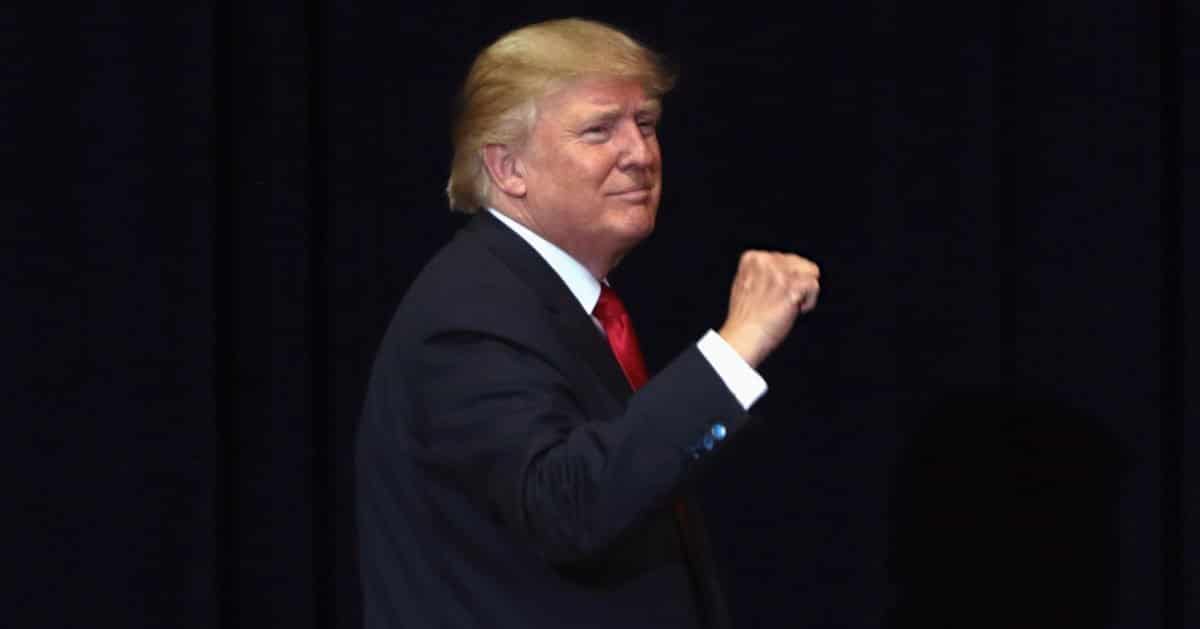








President Donald Trump’s whopping $15 billion defamation lawsuit against The New York Times just got tossed out by a federal judge in Florida.
The Daily Caller reported that on Friday, the case was dismissed with a stern rebuke, though Trump’s legal team has a chance to refile a tighter version within 28 days.
Let’s rewind to September 15, 2025, when Trump first launched this legal broadside against the Times, accusing them of character assassination with “actual malice” in their reporting.
The lawsuit pointed fingers at dozens of articles and a book by Times reporters Russ Buettner and Susanne Craig, titled “Lucky Loser,” which Trump claims peddled falsehoods to tarnish his reputation.
It’s no secret the progressive media often paints conservative figures with a broad, unflattering brush and have faced little repercussion for pushing defamatory statements that raise the political temperature.
Enter U.S. District Judge Steven Merryday, appointed by George H.W. Bush, who didn’t mince words when he called the 85-page complaint “tedious and burdensome.”
The judge wasn’t buying the sprawling document that alleged just two basic defamation counts, ruling it violated federal guidelines for a concise claim. If brevity is the soul of wit, Trump’s legal team missed the memo.
Judge Merryday ordered a do-over, demanding an amended complaint limited to 40 pages within 28 days. That’s a serious trim for a document that rambled on about everything from supposed election meddling by the Times to Trump’s rise to fame. One wonders if the legal team thought quantity would substitute for quality.
Specific gripes in the lawsuit included the Times’ book claiming executive producer Mark Burnett crafted Trump’s celebrity status via “The Apprentice,” a narrative Trump’s camp fiercely disputes.
The suit also took issue with the Times’ editorial board endorsing former Vice President Kamala Harris, accusing Trump of threatening national institutions. Sounds like the editorial page is playing politics, but is that really defamation or just predictable left-leaning bias?
Judge Merryday wasn’t just annoyed by the length; he labeled many of Trump’s assertions as “improper and impermissible.” Among the rejected claims was Trump’s insistence that the Times engaged in ongoing election interference—a charge that, while emotionally charged, didn’t meet legal muster. It’s hard not to sympathize with the frustration over perceived media overreach, but the courtroom isn’t a soapbox.
Here’s a gem from the judge himself: “A complaint is not a megaphone for public relations.” That’s a polite way of saying, “Keep the political grandstanding out of my courtroom.” While conservatives often feel the media plays fast and loose with the truth, legal battles require precision, not passion.
The judge also made it clear this case would proceed with decorum, stating, “This action will begin, will continue, and will end in accord with the rules of procedure.” It’s a reminder that even high-profile figures like Trump must play by the same legal rules as everyone else. A refreshing dose of fairness in a world often skewed by agenda-driven narratives.
Trump’s legal tussle with the Times isn’t his only media fight, as recent settlements show he’s not afraid to push back. CBS and its parent company, Paramount, shelled out $36 million to settle a dispute over edited footage in a “60 Minutes” interview with Harris in October 2024. That’s a win for accountability, though some might argue it’s just the cost of doing business for big media.
Similarly, ABC News coughed up $15 million in December 2024 after host George Stephanopoulos falsely claimed Trump was liable for rape. These settlements signal that Trump’s team is serious about combating what they see as slanderous reporting. It’s a David-versus-Goliath struggle, even if David here has a pretty big war chest.
Back to the Times case, the core issue remains whether their reporting crossed from opinion into actionable falsehoods. The book “Lucky Loser” and numerous articles are under scrutiny for allegedly distorting Trump’s personal and professional history. For many conservatives, this feels like another chapter in a long saga of media bias against right-leaning leaders.
As Trump’s team prepares a revised complaint, the clock is ticking to meet Judge Merryday’s 28-day deadline. Will they streamline their arguments into a punchier, more legally sound document, or will they risk another dismissal? The stakes are high, not just for Trump, but for how far the courts will go in reining in media narratives.
For now, conservatives watching this case might feel a mix of hope and frustration—hope that accountability is possible, frustration that the legal system often seems stacked against their champions. Yet, Judge Merryday’s insistence on procedure over politics offers a glimmer of impartiality. It’s a rare thing these days, and worth appreciating.
Ultimately, this $15 billion lawsuit against The New York Times is more than a legal spat; it’s a battle over narrative control in a deeply divided nation. Whether Trump’s amended filing will fare better remains to be seen, but one thing is clear: the fight against perceived media overreach isn’t going away anytime soon. Let’s see if the next 40 pages can pack the punch the first 85 couldn’t.



